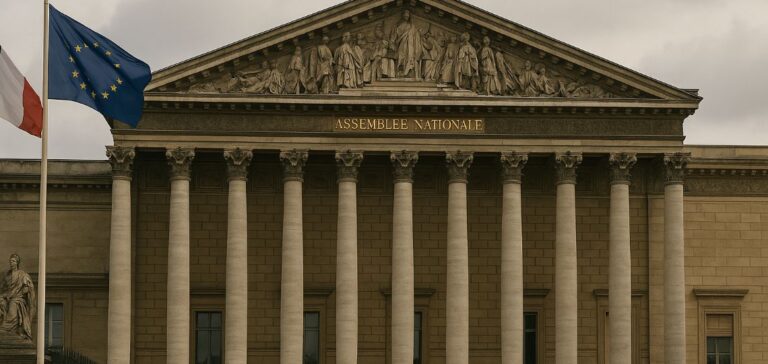A debate on France’s energy security has been scheduled in the National Assembly for 28 April, following a request from Prime Minister François Bayrou. Organised under Article 50-1 of the French Constitution, this debate will not lead to a vote but will allow the government to present its strategy to Members of Parliament.
An initiative linked to the Multiannual Energy Programming
This initiative comes amid growing pressure from parliamentary groups demanding to be consulted on the forthcoming Multiannual Energy Programming (Programmation pluriannuelle de l’énergie, PPE). This policy document, expected to be defined by decree in the coming weeks, will set national targets for energy production and consumption from 2025 to 2035, aiming for carbon neutrality by 2050.
Several political parties have insisted on participating in shaping the strategic direction of the PPE. The Rassemblement National group notably raised the possibility of tabling a motion of no confidence should the government avoid the debate. In response, Paul Christophe, President of the Horizons group, proposed reallocating a parliamentary time slot initially reserved for his group to allow for this session.
A legislative timeline under construction
During the conference of presidents on 8 April, the government also proposed including on the legislative calendar a bill put forward by Senator Daniel Grémillet in the second half of June. This initiative aims to complement the April debate with further legislative action on energy programming.
According to a government source, this proposal did not fully satisfy all parties present. Discussions are ongoing regarding the precise framework of the debate and the sequence of texts related to the national energy strategy, as the sector awaits final decisions on the PPE.






















